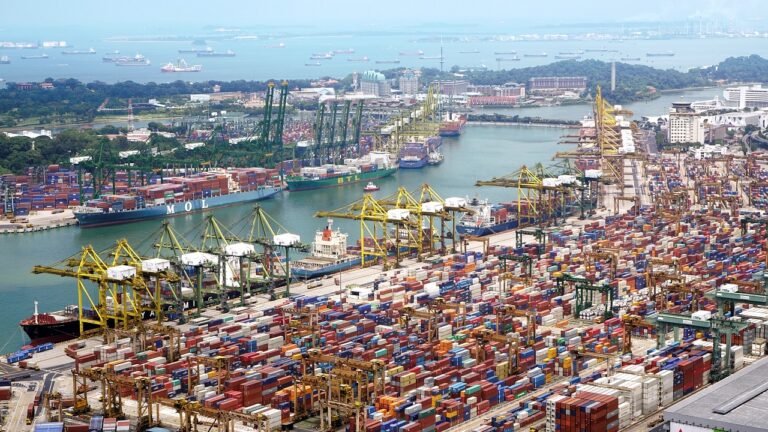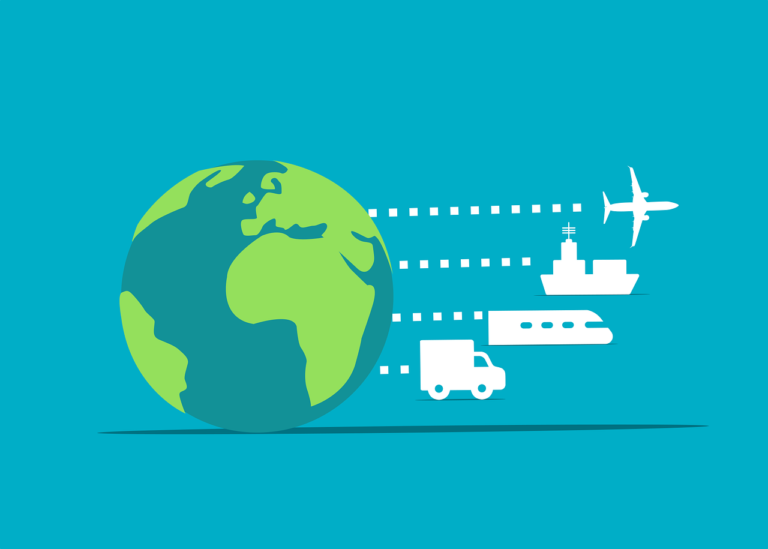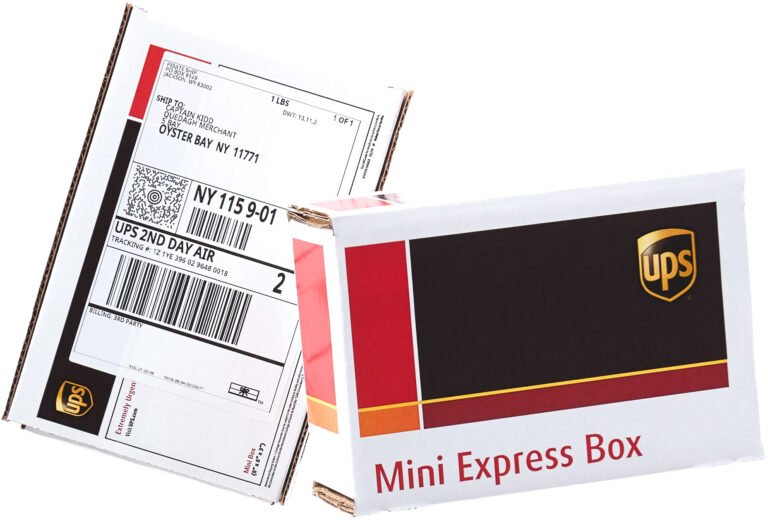
What is the importance of insurance in international shipping?
Insurance in international shipping protects your cargo from loss, theft, or damage during transit. It ensures financial security, minimizes business risk, and improves customer trust in cross-border logistics operations.
The Importance of Insurance in International Shipping
When goods cross international borders, they encounter numerous risk factors from unpredictable weather conditions to handling damages, theft, and delays. International shipping insurance plays a vital role in safeguarding businesses from financial losses during transit. Whether you’re exporting high-value electronics or importing retail goods, insuring your cargo ensures peace of mind, regulatory compliance, and a reliable logistics strategy. For companies dealing with high-volume or high-value shipments, having the right insurance is not optional it’s essential for long-term sustainability and global trust.
Understanding Cargo Insurance: What It Covers
Cargo insurance in international logistics protects against loss, theft, damage, and other unforeseen circumstances during transport. Coverage typically includes incidents during sea, air, or land freight. A standard policy may cover partial loss, total loss, accidents, and specific liabilities, depending on the mode of transport. Whether you’re dealing with ocean freight, air freight, or road shipping, cargo insurance helps recover costs that might otherwise disrupt your supply chain and profit margins.
Why Shipping Insurance Is Critical for Global Trade
Global trade is unpredictable. Despite all precautions, shipments can be delayed, misplaced, or even destroyed in transit. International shipping insurance acts as a financial buffer, protecting the shipper, consignee, or freight forwarder from incurring total losses. In the fast-moving world of cross-border commerce, the cost of not having insurance can be far greater than the premium itself. It also helps businesses maintain credibility and accountability when working with clients and partners abroad.
Types of Insurance in International Shipping
There are different types of insurance coverage tailored for specific needs in international logistics. These include:
- All-risk insurance: Covers all physical loss or damage from any external cause.
- Named perils policy: Covers only specific risks listed in the contract.
- Total loss insurance: Covers only total or constructive total losses.
- General average: A maritime law principle that covers losses shared proportionally by all cargo owners in case of emergency sacrifices.
Choosing the right type of insurance is critical and often depends on the shipment’s value, destination, and transportation method.
Common Risks in International Shipping That Insurance Covers
The most common risks that cargo insurance can protect against include water damage, port strikes, piracy, container accidents, theft during transit, and misrouting. For international e-commerce, high-value items shipped globally are particularly vulnerable. Having insurance ensures that if anything goes wrong, the claim process offers restitution for the damaged or lost cargo. Freight insurance mitigates the impact of these issues, ensuring that logistics delays don’t result in business shutdowns.
How to Choose the Right Insurance for Your Shipment
When selecting international shipping insurance, assess your cargo’s value, destination, and vulnerability to risks. Work closely with freight forwarders or logistics insurance brokers who understand both regional and global shipping regulations. Look for flexible plans that offer coverage during door-to-door delivery, multimodal shipping, or full container load (FCL) and less-than-container load (LCL) scenarios. Always review exclusions, deductibles, and claim procedures carefully.
The Role of Freight Forwarders in Insurance
Many international freight forwarders offer insurance as part of their service packages. These professionals act as intermediaries, connecting shippers with insurance providers that specialize in logistics. Reputable forwarders help businesses find comprehensive policies that are competitively priced and cover all relevant scenarios. Working with a forwarder who understands cargo risk management can save time, reduce costs, and ensure claims are handled efficiently when necessary.
Insurance Compliance and Legal Considerations
Certain countries and trade agreements mandate specific insurance coverage for imports and exports. Having appropriate insurance helps businesses comply with Incoterms® 2020, which often determine who is responsible for coverage during different stages of transit. Failing to meet these requirements can lead to customs issues, fines, or shipment holds. Therefore, insurance in global logistics is not just a safeguard it’s a compliance necessity.
Cost vs. Benefit: Is Insurance Worth It?
One of the most asked questions is whether international shipping insurance is worth the investment. The answer is a resounding yes. The average insurance premium is a small percentage of the shipment’s value, but the protection it offers is invaluable. The minimal upfront cost can save thousands or even millions in case of serious incidents. Especially for businesses shipping frequently or over long distances, the ROI of insurance is substantial.
FAQs About Insurance in International Shipping
It protects cargo during international transport from loss, theft, or damage.
It’s not always mandatory, but it’s highly recommended and sometimes required under trade agreements.
All-risk, named perils, and total loss coverage are common types.
Based on cargo value, shipping method, destination, and risk factors.
It depends on Incoterms either the buyer or the seller may be responsible.
Submit documents, photos, and shipping details to your insurer for review and compensation.
Only if an all-risk policy is selected read the policy terms carefully.
A legal principle where all cargo owners share losses in emergencies.
Yes, especially since shared containers increase risk.
Yes, comprehensive coverage can include entire supply chain movements.
Conclusion: Secure Your Cargo, Secure Your Business
In a world where cross-border commerce is the norm, not the exception, international shipping insurance is an essential part of risk management. From protecting physical goods to maintaining business continuity, the value of proper insurance cannot be overstated. Whether you’re a seasoned exporter or just starting out in international trade, investing in cargo insurance demonstrates professionalism, reliability, and foresight.






